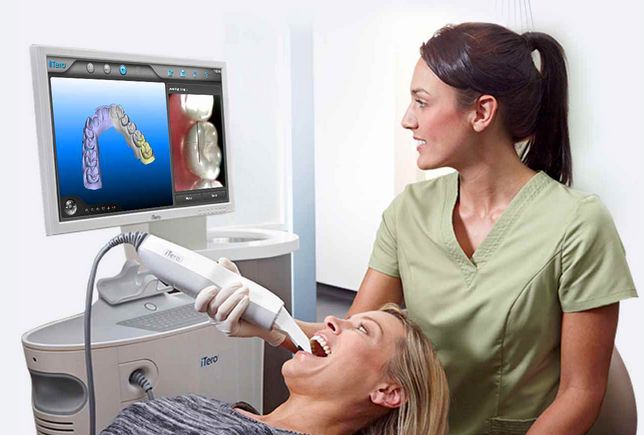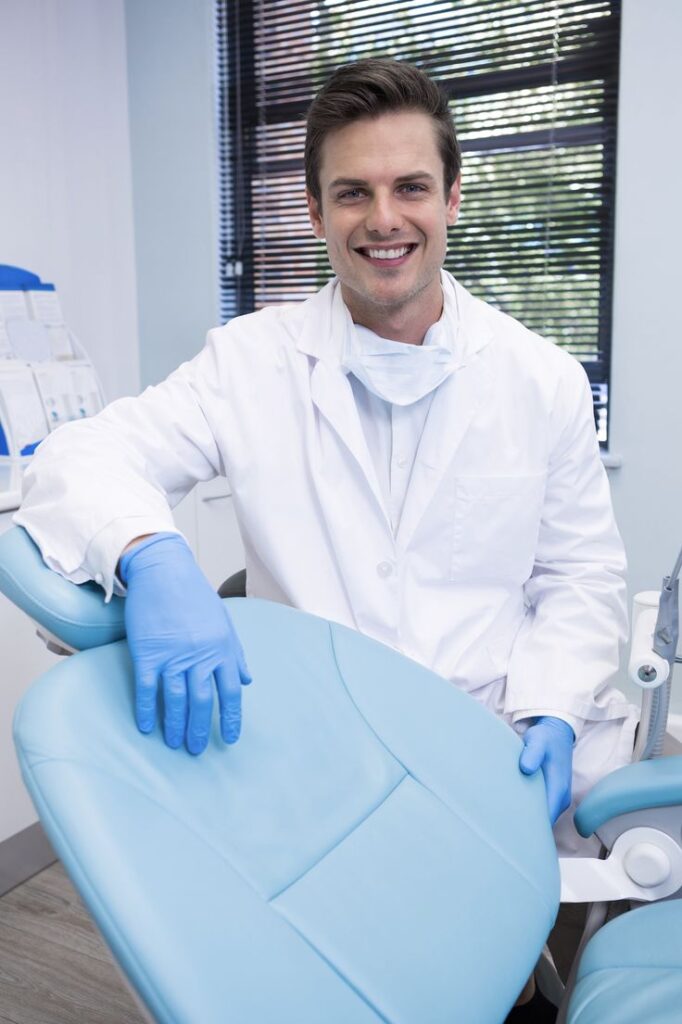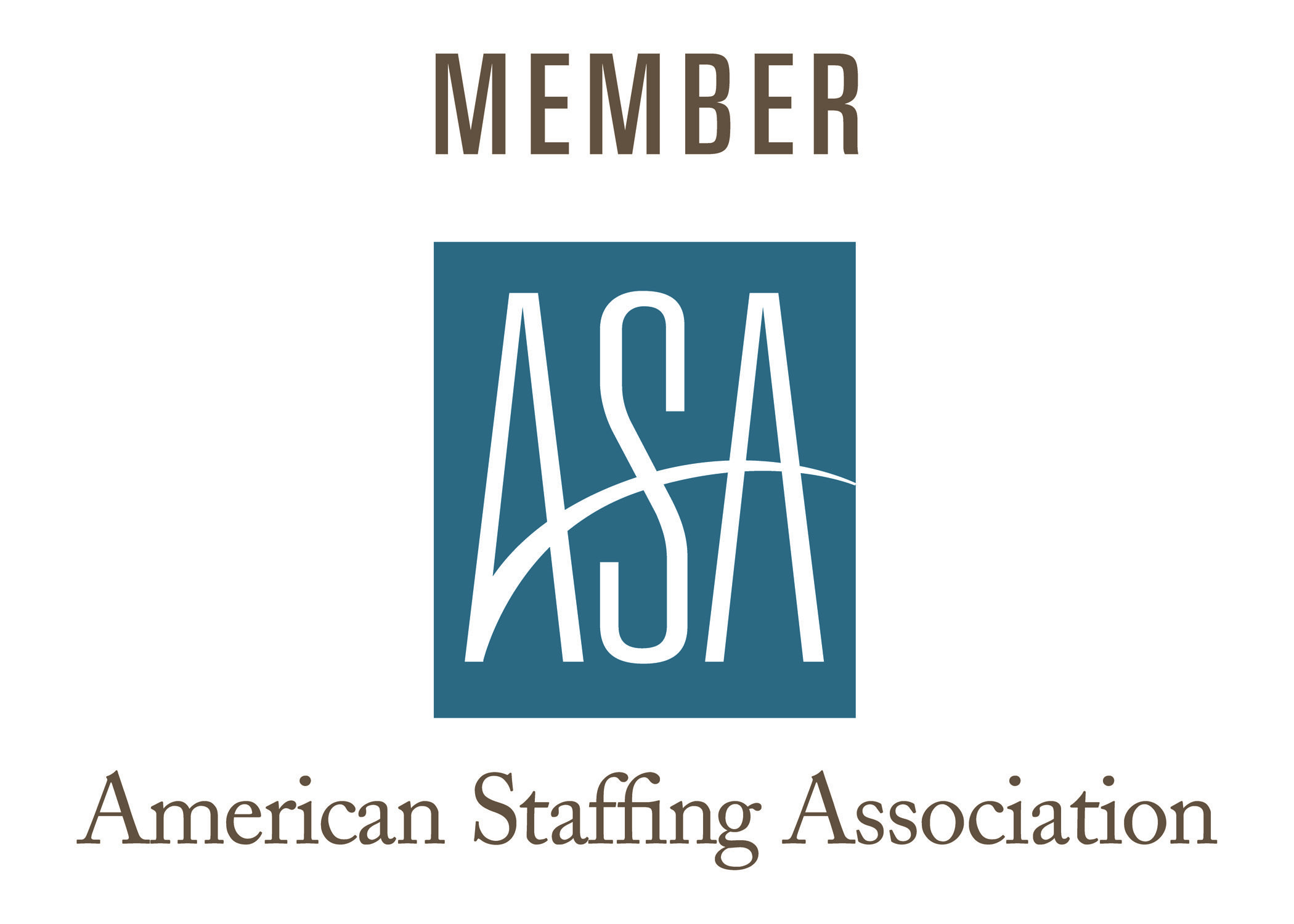Introduction
Artificial Intelligence (AI) is revolutionizing dentistry, transforming everything from diagnostics and treatment planning to patient management and administrative tasks. With AI-powered tools now assisting in radiograph interpretation, robotic surgeries, and even patient communication, the dental profession stands on the brink of an exciting new era.
However, alongside these advancements come ethical concerns—issues of patient privacy, algorithmic bias, regulatory oversight, and the balance between human expertise and AI decision-making. How can dental professionals embrace AI responsibly while ensuring patient care remains ethical, transparent, and effective?
Let’s dive into the impact, challenges, and ethical considerations of AI in dentistry, with a focus on the American Dental Association (ADA) and FDA standards, as well as best practices for dental professionals.
The Role of AI in Modern Dentistry
AI is already making a significant impact in various aspects of dental care:
AI in Diagnostics: Advanced machine learning models can analyze radiographs with high accuracy, detecting early signs of cavities, gum disease, and even oral cancers. Companies like Pearl’s Second Opinion and Overjet are FDA-approved AI tools enhancing clinical diagnostics.
AI in Treatment Planning: AI-driven predictive analytics are transforming orthodontics, implant planning, and prosthetic design, helping dentists develop more precise and personalized treatment strategies.
Automation in Dental Practices: AI chatbots and virtual assistants streamline appointment scheduling, patient follow-ups, and insurance claims, reducing administrative burdens and improving efficiency.
While these innovations improve accuracy and efficiency, ethical challenges must be carefully managed to ensure AI serves as a tool for enhancing, rather than replacing, human expertise.

ADA Standards on the Use of AI in Dental Practice
The American Dental Association (ADA) has emphasized the need for ethical AI integration, focusing on patient safety, efficacy, transparency, and fairness.
1. Overview of Augmented and Artificial Intelligence Uses in Dentistry
This explores the application of artificial and augmented intelligence across various clinical fields, including prevention, periodontal and caries management, implants, oral and maxillofacial surgery, endodontics, prosthetics, and digital imaging. It also covers nonclinical areas, such as claims processing, payment integrity, and quality assurance. Additionally, the document offers insights into the current regulatory landscape.
2. Evaluation of Dental Image Analysis Systems Using Augmented Intelligence/Artificial Intelligence
This emphasizes the need for an independent dataset to validate AI algorithms for analyzing 2D dental images. Maintained by a neutral third party, it would enable users, developers, and regulators to compare AI accuracy and specificity. The report outlines methods for creating the dataset and highlights key AI principles, including data privacy, security, and bias prevention.
3. Validation Dataset Guidance for Image Analysis Systems Using Artificial Intelligence, Part 1: Image Annotation and Data Collection
This standard establishes criteria for annotating and collecting data from 2D radiographs for image classification and clinical decision-making. It covers image analysis using machine learning and deep learning, specifying required annotations for querying, exchanging, and communicating radiographic data across treatment locations. Approved by the American National Standards Institute, it is the first U.S. standard on AI in dentistry.
Proposed standard: Artificial Intelligence (AI) and Augmented Intelligence (AuI) Based 2D Radiograph Analysis — Data Generation, Data Annotation and Data Processing
This document defines requirements for developing 2D radiograph analysis software using artificial and augmented intelligence. It outlines criteria for goals, limitations, target users, patient populations, and necessary data for training, testing, and validation. Expected to be approved this year, it will be the first international AI standard in dentistry, with U.S. input through the ADA Standards Program..
To explore these principles in greater detail, you can read more here.
FDA Regulations on AI in Dentistry
The FDA's regulatory approach to AI in dentistry focuses on ensuring the safety and effectiveness of AI-powered medical devices. While the agency has approved AI-powered dental tools like Overjet and Pearl, demonstrating its commitment to evaluating and validating these technologies, it's crucial to recognize that regulatory oversight in this field is continuously evolving. AI-based diagnostic systems, specifically, must meet strict accuracy and safety requirements before they can be implemented in clinical practice.
The FDA's evaluation process involves rigorous testing and validation to ensure these systems perform as intended and do not pose undue risks to patients. It's important to remember that the FDA clears or approves specific AI devices, not the general use of AI within all dental practices, so dental professionals should confirm that the AI tools they employ have received necessary clearance or approval.
Ethical Challenges in AI Implementation
1. Patient Privacy & Data Security
As AI systems process vast amounts of sensitive patient data, ensuring compliance with HIPAA (Health Insurance Portability and Accountability Act) is crucial.
Risk of Data Breaches: AI-driven dental software must have robust encryption and cybersecurity to protect patient records.
AI and Data Ownership: Who owns the data—dentists, AI developers, or patients? Clear data governance policies are essential.
2. Bias and Fairness in AI Algorithms
AI systems learn from existing datasets—but what if those datasets are biased?
If an AI model is trained mostly on Caucasian patient data, will it accurately diagnose oral health conditions in patients of color?
AI tools should undergo continuous testing and refinement to ensure equitable healthcare outcomes for diverse demographics.
3. The Human-AI Relationship in Dentistry
AI should support, not replace, the expertise of dental professionals.
Over-reliance on AI can lead to "automation bias"—where dentists trust AI-generated diagnoses without critical review.
Dentists must interpret AI recommendations carefully, ensuring final clinical decisions prioritize patient-specific factors and professional judgment.

Best Practices for Dental Professionals in Integrating AI into Practice
- Understand AI Tools and Limitations
Stay informed about AI technology's capabilities and its limitations in dental practice to ensure accurate decision-making. - Ensure Patient Privacy and Data Security
Comply with HIPAA regulations, implement strong data encryption, and ensure patient consent before using AI tools. - Use AI as a Support Tool, Not a Replacement
View AI as an aid for diagnosis and treatment planning, but rely on your clinical expertise to make final decisions. - Stay Updated with Regulations
Follow the latest ADA and FDA guidelines on AI use in dentistry to maintain compliance with ethical and legal standards. - Monitor AI Performance and Accuracy
Regularly assess AI tools for accuracy and fairness, ensuring they provide equitable care across diverse patient populations.
Conclusion
AI is transforming the future of dentistry, bringing exciting opportunities for precision, efficiency, and enhanced patient care. However, it also raises ethical concerns regarding privacy, bias, liability, and professional oversight, which must be proactively addressed. By embracing AI responsibly, staying informed on ADA and FDA regulations, and maintaining a patient-centered approach, dental professionals can harness AI to complement, not replace, their clinical expertise. The future of AI in dentistry is promising, but it must be guided by ethics, transparency, and professional accountability to ensure its success.
Looking to take your dental career to the next level?
At Verovian Dental Recruitment Agency, we’re dedicated to helping dental professionals at every career stage unlock new opportunities. Whether you're an expert or just starting, we offer personalized support to elevate your skills and open doors to a bright future.
From locum positions to permanent placements, we provide a range of opportunities to match your career goals. Register with us today to take the next step in advancing your dental career.




